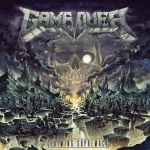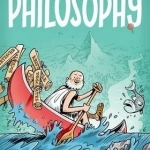
The Cartoon Introduction to Philosophy
Kevin Cannon and Michael F. Patton
Book
Philosophy like you've never seen it before. The latest in the celebrated Cartoon Introduction...
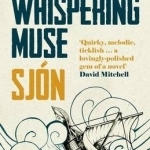
The Whispering Muse
Sjón (author of The Whispering Muse) and . Sjon
Book
The year is 1949 and Valdimar Haraldsson, an eccentric Icelander with elevated ideas about the...
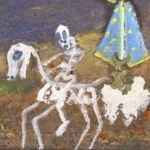
Holy Toledo!
Book
Sometime during the twentieth century, the self-mythology of the literary critic fused with that of...

Loop
Book
Stunning Japanese novel with a chilling twist - the follow-up to Ring and Spiral. Kaoru's father,...
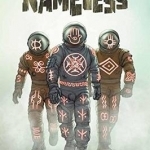
Nameless
Nathan Fairbairn, Grant Morrison and Chris Burnham
Book
NAMELESS tells the story of a down-at-heel occult hustler known only as "Nameless" who is recruited...
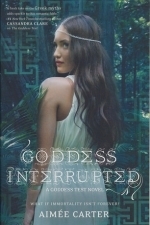
Goddess Interrupted (Goddess Test #2)
Book
Kate Winters has won immortality. But if she wants a life with Henry in the Underworld, she'll have...
young adult greek mythology
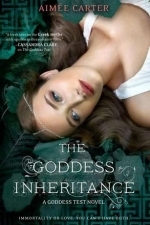
The Goddess Inheritance
Book
Love or life. Henry or their child. The end of her family or the end of the world. Kate must...
young adult greek mythology
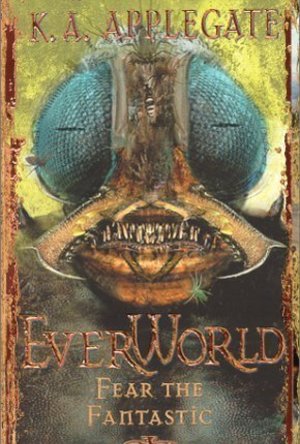
Fear the Fantastic (Everworld #6)
Book
No one knows what it’s like to be Christopher, David, April, Jalil, or even Senna. Living part of...
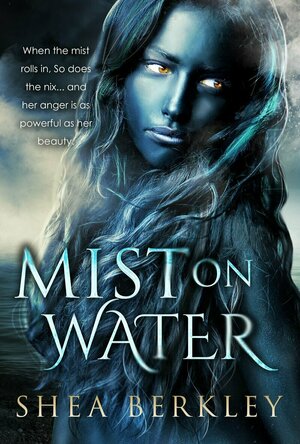
Mist on Water
Book
Long ago, in a far off land, there rose a tale as old as the earth. As long as Ryne can remember,...
Fantasy Mythology Young Adult
